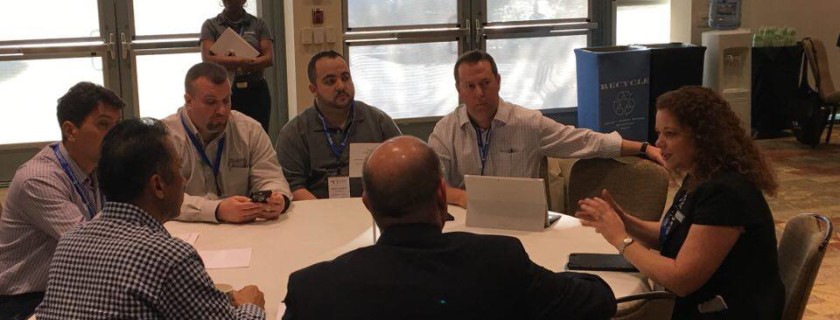Is your company prepared for a crisis? Tips on communicating during tumultuous times.
By Amanda Brooks
How does Los Angeles communicate during a crisis? If the last year has taught us anything, it is that everything can change in the blink of an eye. This year has featured many PR nightmares that have surfaced in the media, creating negative reputations for companies across the globe. As one adverse scenario leads to another, the overall culture, mission and values of businesses rapidly become destroyed as information is interpreted (or misinterpreted) by the public.
Crises can be divided into four main categories: accidents and disasters, service mistakes, company scandals and competitor or lobbyists attacks. 2018 was the the year of data breaches. Moreover, it’s apparent that technology can trigger crises. Cybercrime, for instance, is a great example of how technology could lead to a crisis unfolding.
During a February 2019 data center outage at Wells Fargo numerous employees were going rogue – speaking to the press and posting on online forums. This confused the market and contributed to unflattering stories like this one in Data Center Dynamics. Over the last year, there have been a number of data center outages that have made it into the press including the Nashville explosion near an AT&T data center and NetGain Technologies taking some of its data centers offline following a ransomware attack. The Nashville story had even broader ramifications as it knocked out 911 emergency service.
As mentioned in Milldam’s new Crisis Communication page, a Mission Critical Crisis Communications Plan is Important For:
- Colocation Providers – Colo operators need to get in front of the story ensuring continuity and to ease the comfort levels of customers and prospects your sales team has been cultivating. Additionally, implementing a proper crisis communication plan ensures that the correct messaging is communicated to external stakeholders, such as press and analysts.
- Telecom Providers – Providers are the conduit to public safety, necessitating immediate communications and a unified message. Additionally, with the proliferation of streaming services and Internet-enabled devices, these providers are ubiquitous in living rooms and communities around the world.
- Data Center Vendors – Many times data center vendors are linked to downtime events, tarnishing the company’s reputation in the market. In addition to product related blame, there is also the element of human error often attributed in a downtime event.
- Influencers – The accuracy, speed and consistency of the response is important and can help mitigate the loss of reputation, money, followers, and sponsors. How influencers navigate their social media and interactions can have an enormous impact on their audience, fans, and sponsorships.
More and more brands have become aware of the importance of crisis communications. Moreover, having a crisis communications plan with your PR agency is like having insurance for your company. Negative press can have detrimental effects on a business and has the power to damage its reputation. As Adam mentioned in the past blog Time for Social Media Influencers and Celebrities to Adopt Crisis Communications Planning , as social media influencers continue to flex their muscles through TikTok, Instagram, Twitter, and other social media platforms, developing a comprehensive crisis communications plan has become more important than ever. The accuracy, speed and consistency of the response is important and can help mitigate the loss of reputation, money, followers, and sponsors. How influencers navigate their social media and interactions can have an enormous impact on their audience, fans, and sponsorships.
In 2019 Milldam recognized this and launched a Data Center Crisis Communications Practice. Other blogs include Time for the Data Center Industry to Adopt Crisis Communications Planning, Crisis has Struck! Now What?, Public PR Crises: How to Respond.
Get started on your organization’s data center crisis communications plan today!

